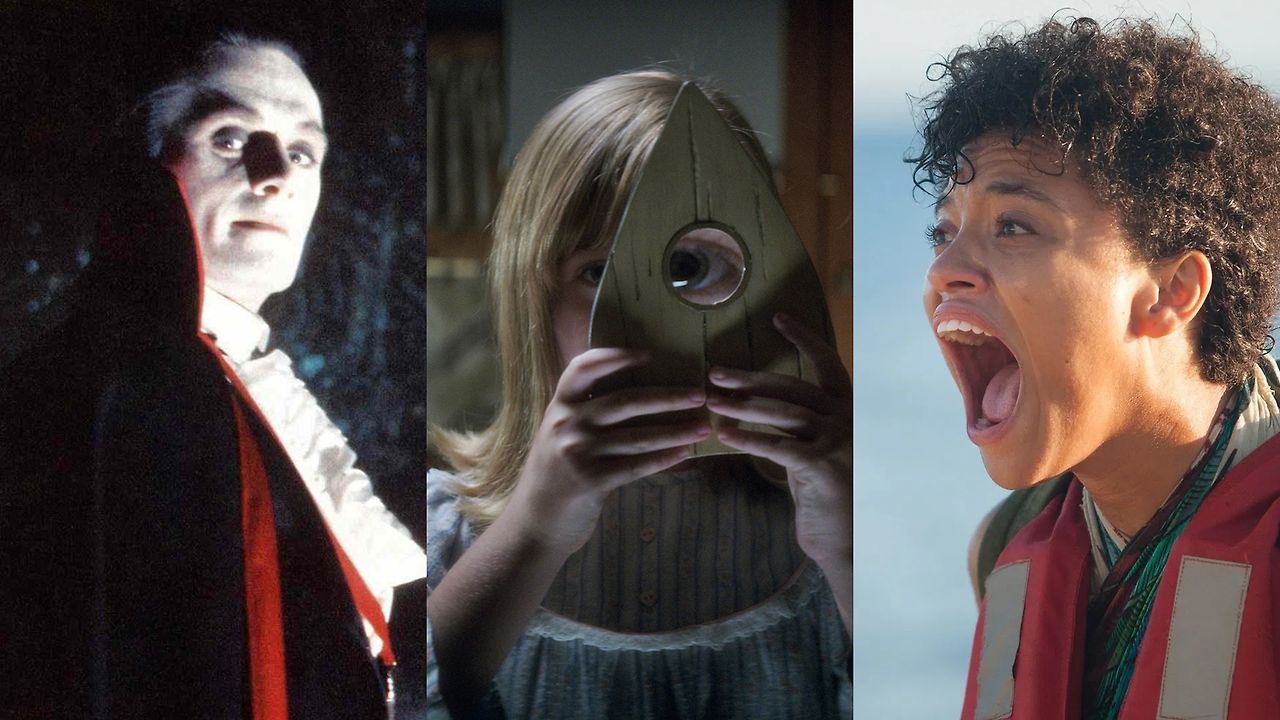Praneet Akilla and Lili Beaudoin play Romeo and Juliet in Canadian Stage’s production, on stage in Toronto’s High Park until Aug. 31.Dahlia Katz/Supplied
Everyone knows the balcony scene in Romeo and Juliet. Two swoony teenagers meet in secret – a young girl on the terrace outside her bedroom, a brawny teen boy on the trellis just inches below – and, in gorgeous verse, profess their undying love for each other. (Never mind the fact they’ve known each other for, what, a few days?)
In Canadian Stage’s production of Romeo and Juliet, now playing in Toronto’s High Park until Aug. 31, director Marie Farsi leans into teenage angst. Lili Beaudoin’s Juliet might as well be listening to the complete catalogue of Olivia Rodrigo as she curses the heavens for making her fall so hard for her family’s sworn enemy. Praneet Akilla’s Romeo, meanwhile, traipses the streets of southern Italy with the swagger of a young Zac Efron.
2025 summer theatre preview: Here are the performances to add to your bucket list
Farsi’s 100-minute production imagines the play taking place during the 1930s and 40s, complete with shin-length hemlines and frequent espresso breaks.
The Globe and Mail spoke with Beaudoin and Akilla via Zoom to discuss the quirks of performing outside in a public park – and ushering Romeo and Juliet into a new era.
Lili, in addition to your work as an actor, you have a significant background in circus performance. Does Juliet get to use any of those skills?
LB: Funnily enough, no, but I’ve had to reverse my brain a little bit – when I’m on the balcony, I have to pretend I’m a bit scared of heights. It’s nice, though, for this role to be a little more of a mental workout than a physical one.
Praneet, last summer you played the title role in Shakespeare on the Saskatchewan’s production of Hamlet. How does it feel to step into another one of Shakespeare’s all-timers?
PA: It’s so much harder this time around. Hamlet is sort of the more grown-up version of Romeo – he’s more contemplative, he thinks things through. So I have to go back to my teenage self to capture Romeo’s impulses. He’s very high-energy all of the time.
Praneet Akilla says he had to go back to his teenage self to capture Romeo’s impulses while Lili Beaudoin found she had to pretend she was scared of heights.Dahlia Katz/Supplied
Romeo and Juliet is somewhat notorious for the age of its protagonists – Shakespeare wrote them as young teenagers. As actors, how do you capture that level of youth?
LB: We’ve actually aged up the characters in our version, just a little bit. Juliet is 17, Romeo is maybe in his early 20s. That makes it a little easier, and a little less icky to be feeling those feelings and hormones and really intense yearnings, especially for Juliet, who just wants to be an adult and have that independence at last.
PA: Yeah, and that feeling of being overwhelmingly lovestruck is so relatable: that euphoria of love, the high highs, the low lows of heartbreak. It’s something we’ve all been through.
LB: Time also slows down for the younger characters – an hour feels like forever for them. So Romeo and Juliet’s time apart from each other is an agonizingly long time, which is pretty striking when the older characters talk to them about being patient.
The High Park amphitheatre is known for posing a unique set of challenges to actors, designers and technicians. You’re at the mercy of the weather and whatever else might be happening in the park that day. Have there been any mishaps in rehearsal?
PA: In the balcony scene, when I climb up to meet Lili, there’s actually a bird’s nest with three babies and a mama right next to where my hands have to go. I feel like I’m invading their space, which I guess I am. And of course, there’s the massive heat wave that we’ve all been going through.
But storytelling is such an ancient art form, and it feels so elemental to do theatre in this way. Once you do it outdoors, doing it indoors feels, in a way, almost fake.
Four standout Toronto Fringe musicals that could go the distance
LB: This show in particular is so special – the text has so many references to the sky and the night, and the setting or rising sun. There are many beautiful coincidences that happen. When we swear by the moon, you can actually look up and see the moon.
Romeo and Juliet is about as canonical as a play can be. What’s been the biggest surprise from tackling the text for this production?
LB: We really took our time to understand it as best as we could – we’re still figuring things out every time we say the words. I’ve done Shakespeare before, so I knew that would be the case, but oh my gosh, there’s always more to dive into and interpret and explore.
PA: Going into this production, I had a bit of an existential crisis: Why now? Why this story? We’ve done Romeo and Juliet millions of times, and it will be done millions of times after us. Why is it necessary now?
Throughout the rehearsal process, it hit me how stark these themes are in today’s world – generational warfare, family feuds and how society has the capacity to ruin things. These are two people who just want to love on each other and express love in a very simple way. This story is hundreds of years old and still highly relevant.
This interview has been edited for length and clarity.





![15th Oct: Law Abiding Citizen (2009), 1hr 48m [R] – Streaming Again (6.7/10)](https://occ-0-779-92.1.nflxso.net/dnm/api/v6/Qs00mKCpRvrkl3HZAN5KwEL1kpE/AAAABVudxSAt6EA6qXRrkYncEQFmsJvHROzlyQTdHfjCXv9K_S-MLda439BbiT2r9VnQ6iniUXtfZBkQDQViIg33B5QalGaF9ccxQ2t9.jpg?r=ad5)








